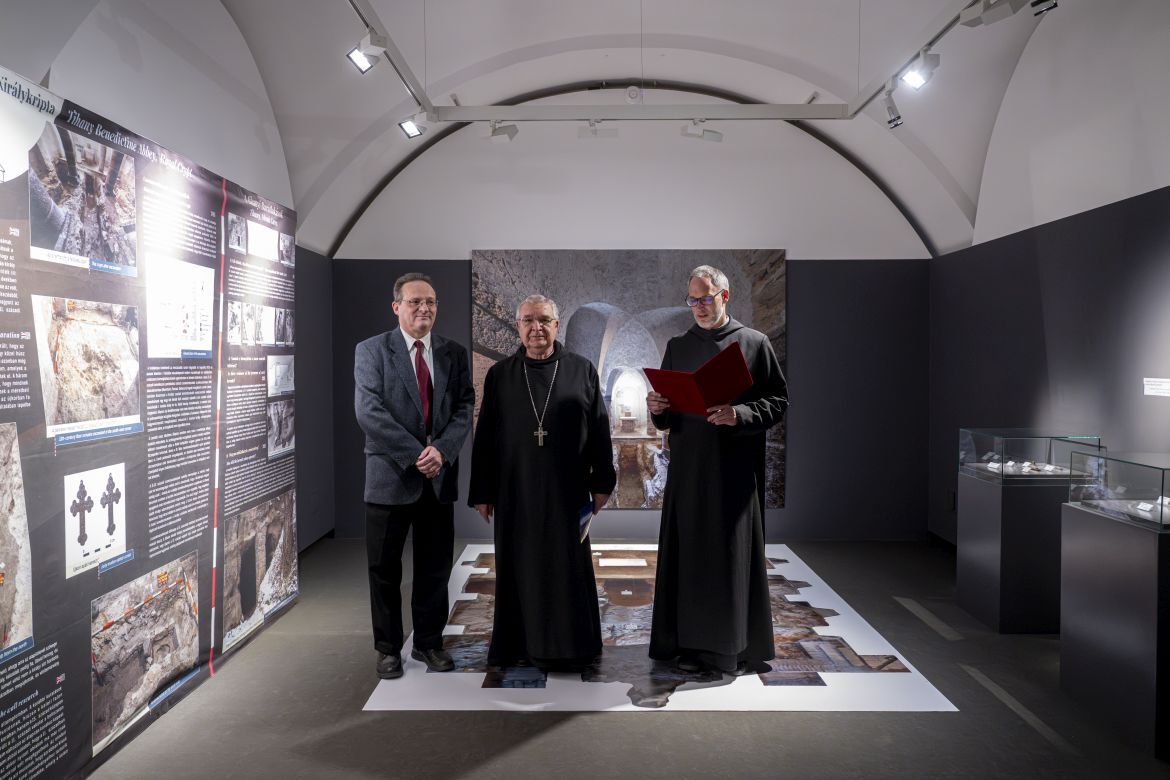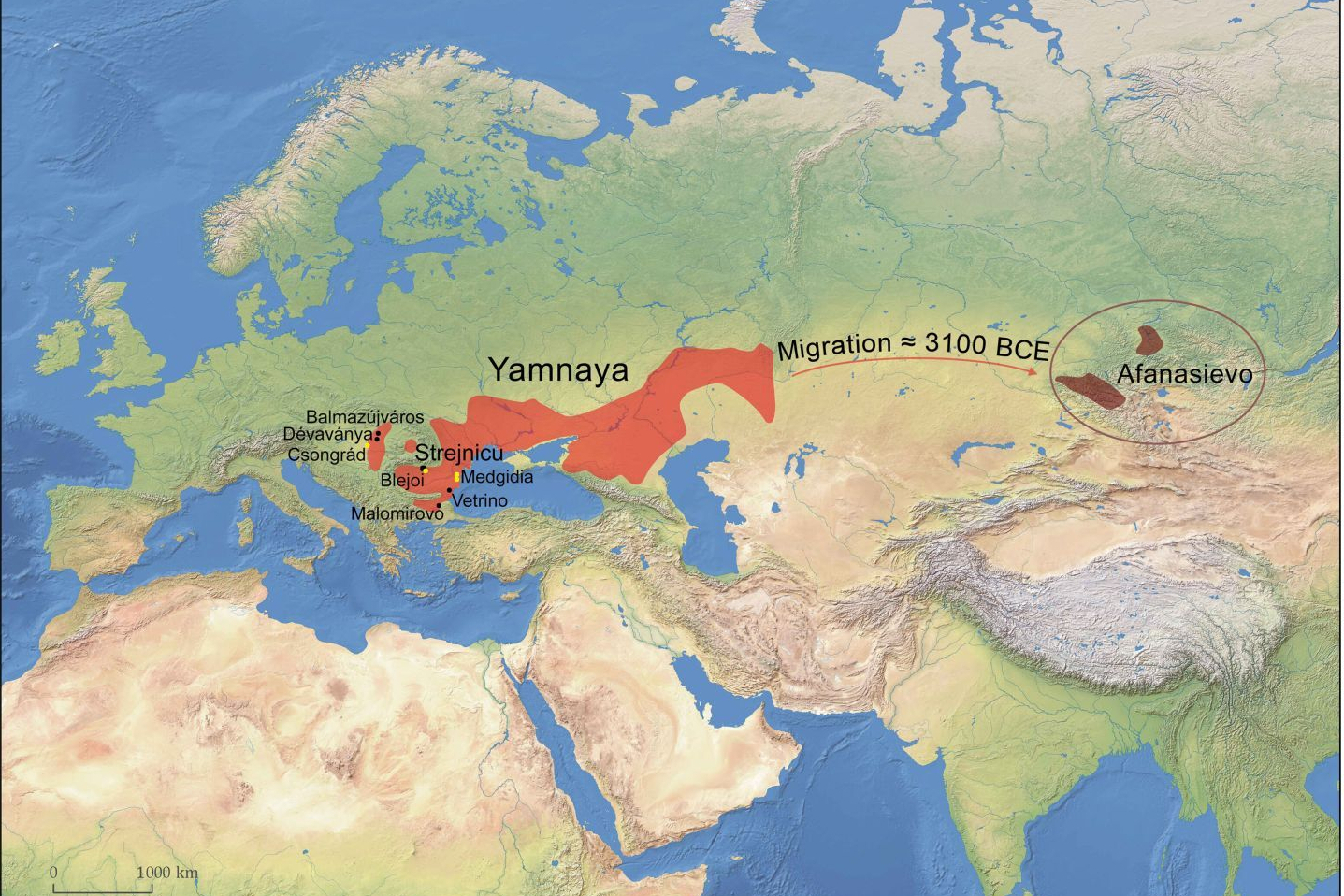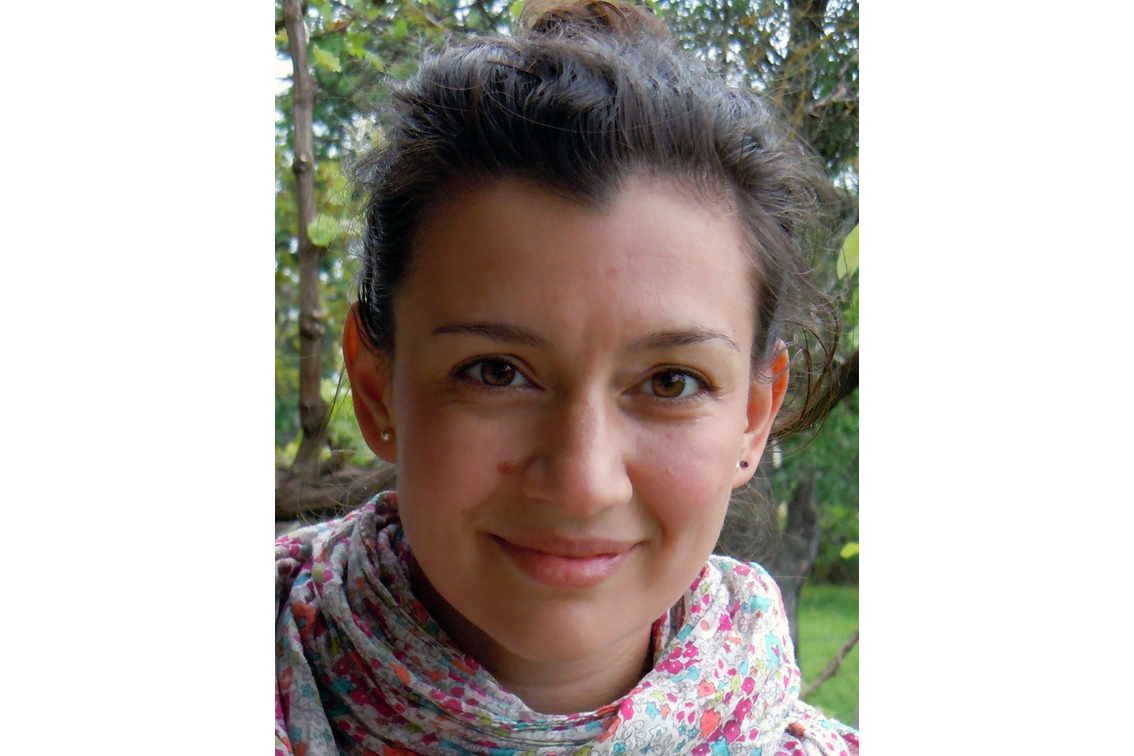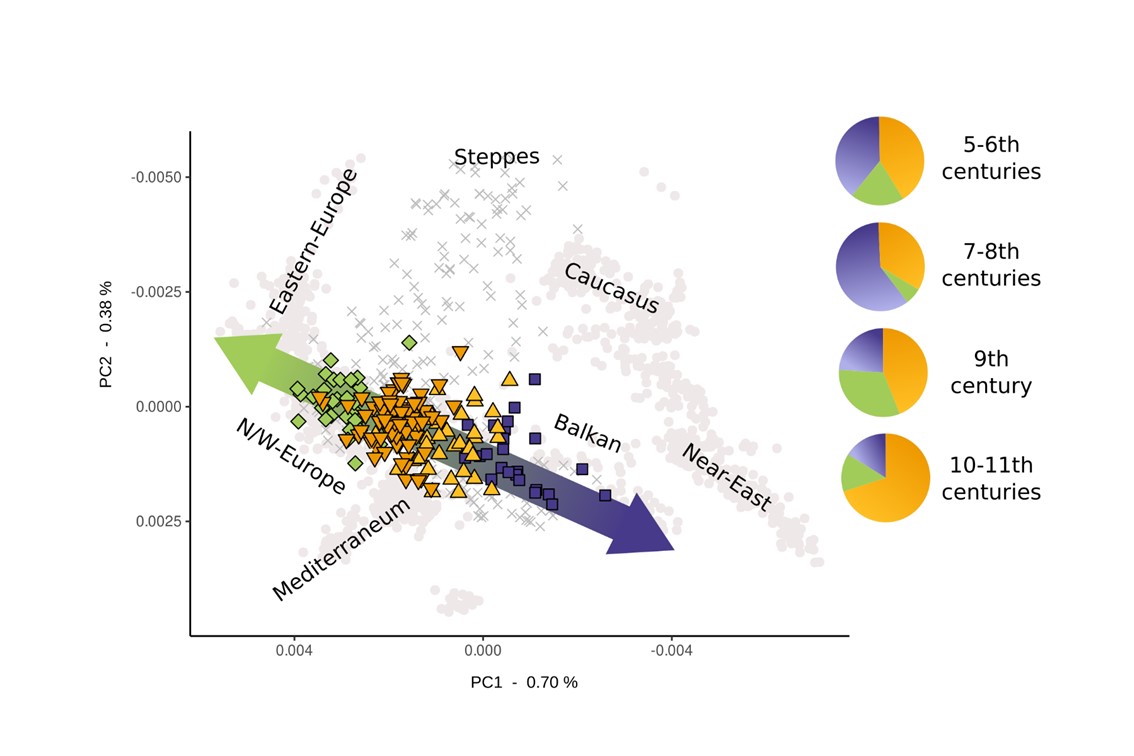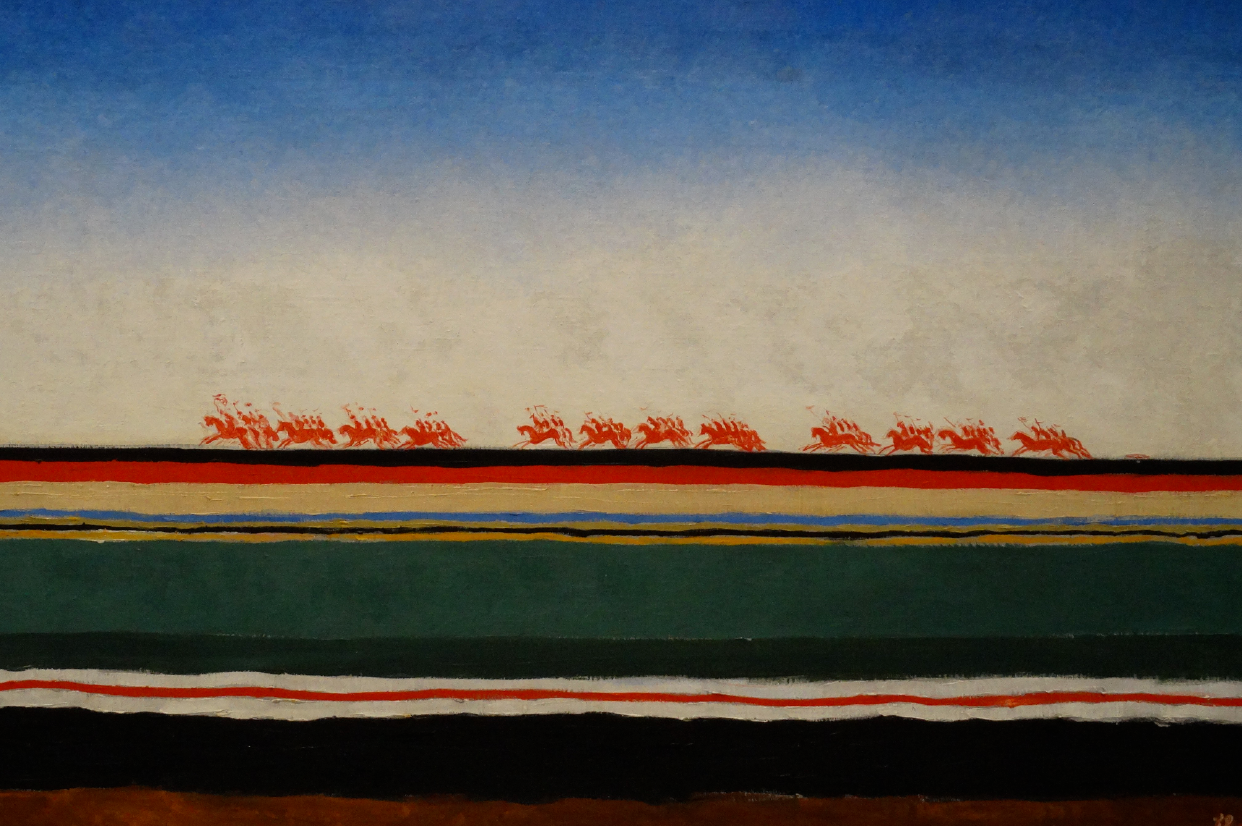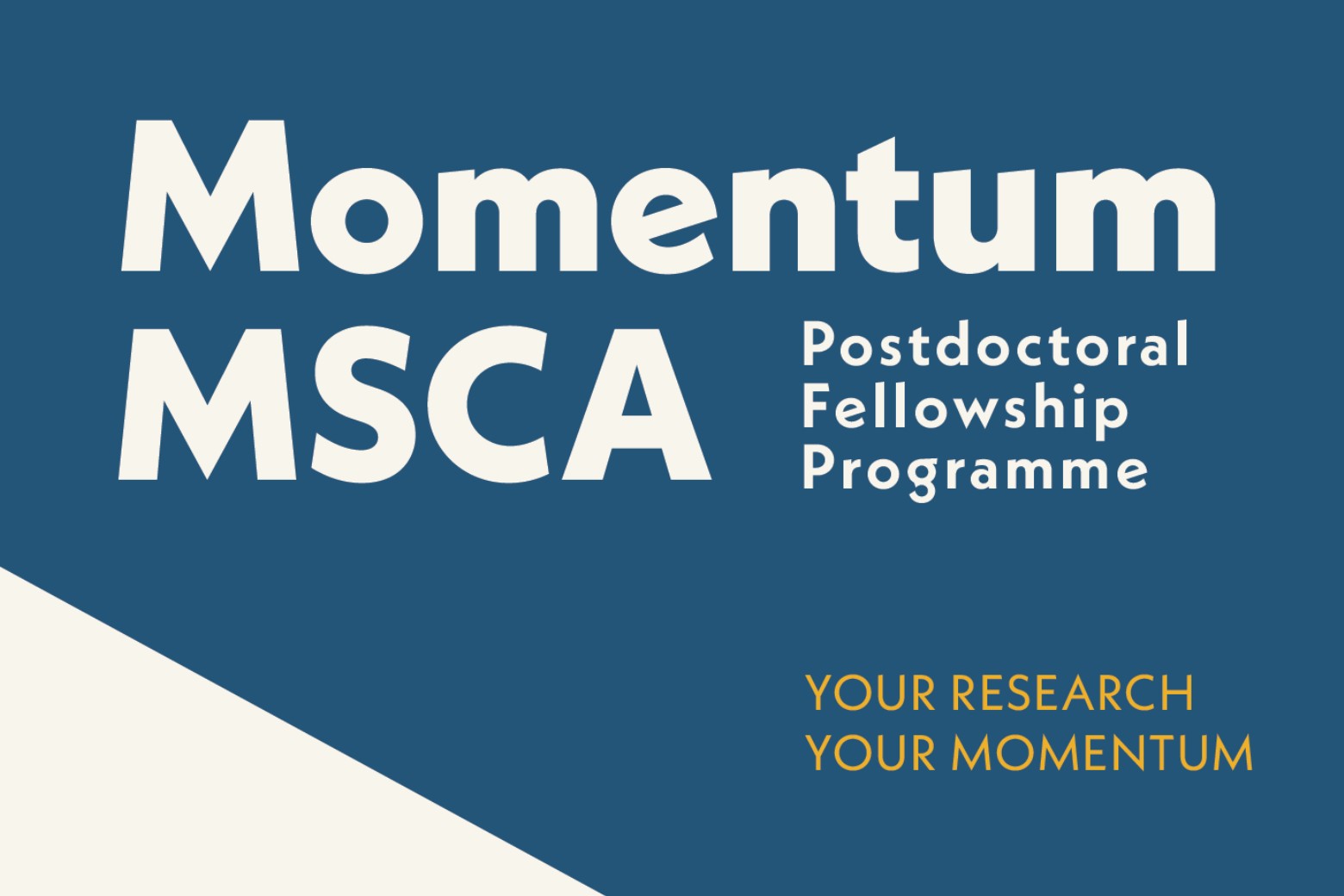
Within the framework of the Momentum MSCA Postdoctoral Fellowship Programme the "Lendület" Momentum Bioarchaeology Research Group is currently accepting applications from postdoctoral researchers of any nationality, who would like to work on a Roman period bioarchaeology project for 1–3 years in Budapest, between 2026 and 2028.
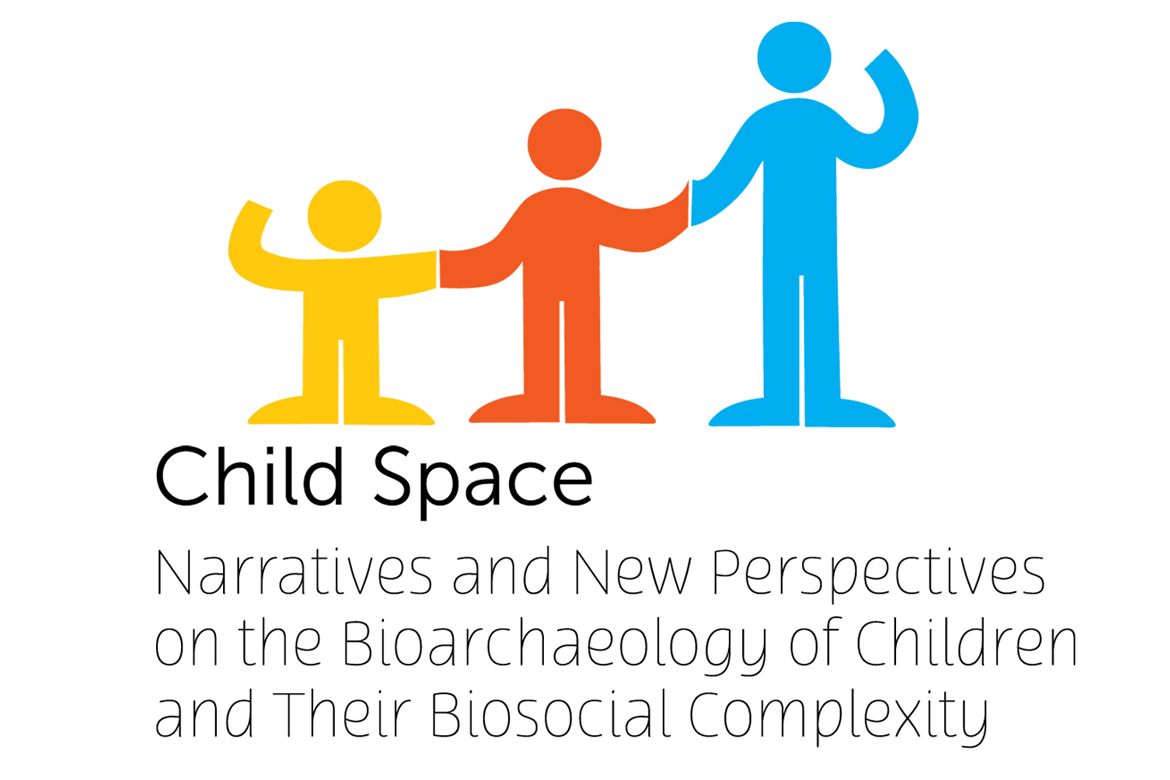
The international conference "Child Space 2025 – Narratives and New Perspectives on the Bioarchaeology of Children and Their Biosocial Complexity" will take place in Budapest, Hungary, 4–6 June 2025.
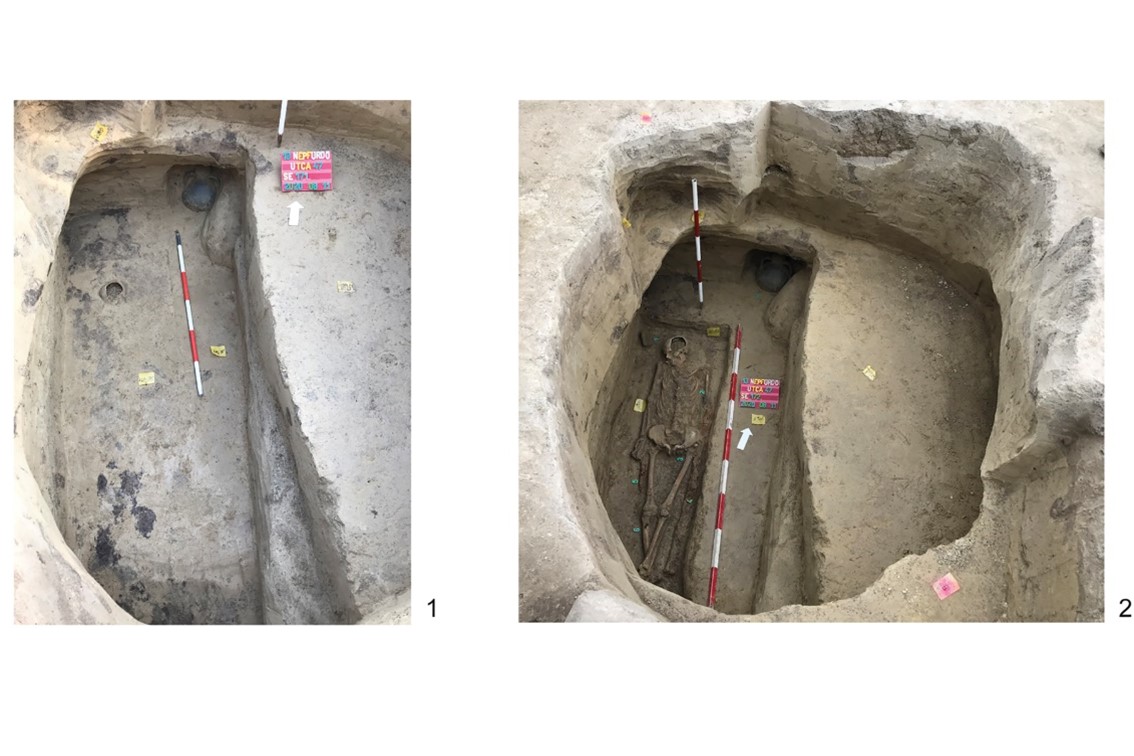
The "Communities of Dark Times" conference was organized by the Déri Museum in Debrecen on February 27–28, 2025. The presentations, covering a variety of research topics related to the Late Roman period and the Migration period, also provided insight into the work of several colleagues from the Institute of Archaeogenomics.
More Articles …
- Our Colleagues at the "Genetic Workshops in Hungary" Miniconference in Szeged
- Our Colleagues at the Annual Meeting of the European Association of Archaeologists
- New Genetic Research on the Genetic Composition of Hungarians from the Croatian Baranja and Zobor Regions
- Successful Doctoral Defense of Dániel Gerber
Page 3 of 8



